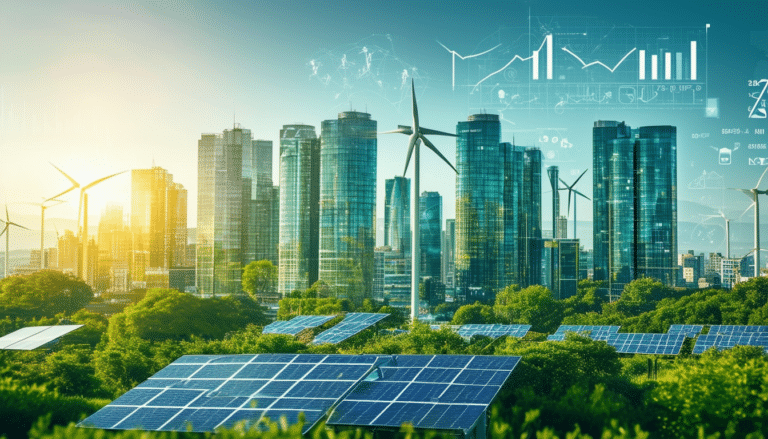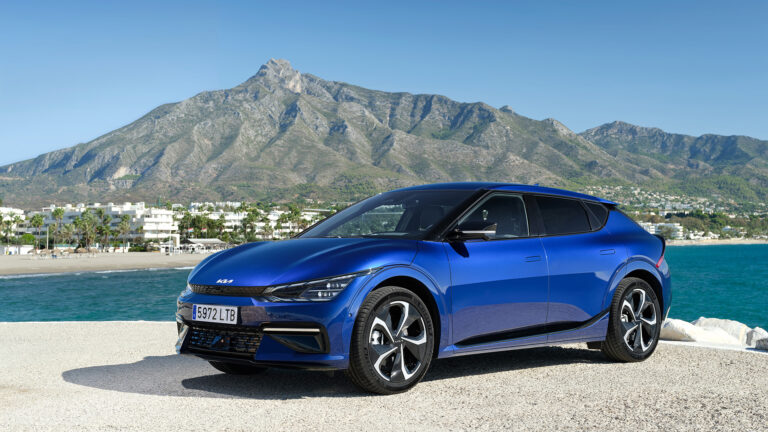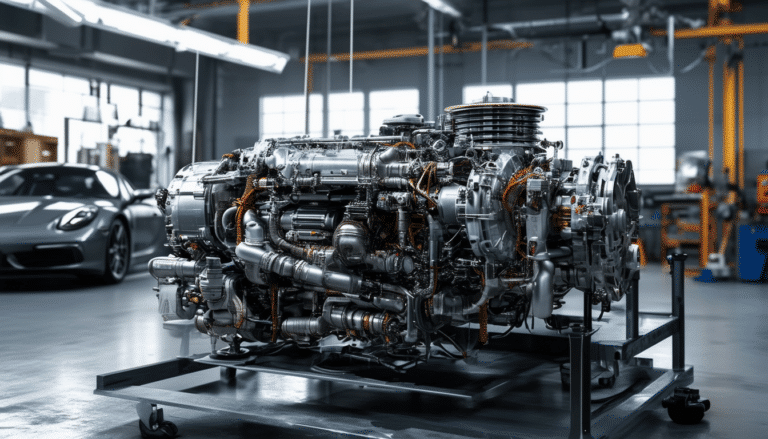Challenges of energy efficiency in developing countries
Energy efficiency has become a crucial topic in the context of developing countries, where access to sustainable energy is a constant challenge. Despite the multiple benefits it can offer, such as cost reduction and decreased pollutant emissions, these countries face significant obstacles, including lack of adequate infrastructure, ineffective policies, and scarce investment in clean technologies. The implementation of effective strategies for energy efficiency is vital to moving towards a more sustainable and equitable future.
Challenges of energy efficiency in developing countries
Energy efficiency has become an urgent priority for developing countries as they seek to balance the energy needs of their growing populations with the current environmental situation. In this article, we will address the main challenges faced by these countries on their path to greater energy efficiency, including limitations in infrastructure, lack of regulatory frameworks, and the need for sustainable technologies.
Limitations in energy infrastructure
One of the biggest challenges for energy efficiency in developing countries is the presence of obsolete infrastructure. Many of these countries lack updated electrical systems, which hinders the implementation of new, more efficient technologies. The modernization of electrical grids and investment in renewable technologies are essential for improving access to more efficient and sustainable energy.
Lack of effective energy legislation and policies
The absence of solid regulatory frameworks represents another significant obstacle. In many cases, energy policies do not encourage the use of renewable energy sources or promote energy efficiency across all sectors. To overcome this challenge, it is essential for governments to implement regulations that incentivize investment in renewable energy projects and promote self-consumption through energy communities.
Inequalities in access to energy
Inequalities in access to energy manifest in various ways. In many developing countries, large rural areas lack access to electricity, limiting economic and social development opportunities. Renewable energy, especially through decentralized solutions like solar panels, offers a way to meet these needs without increasing greenhouse gas emissions.
Awareness and education on energy efficiency
Another significant challenge is the lack of awareness and education regarding the importance of energy efficiency. Many communities are unaware of the practices that can lead to a reduction in energy consumption. Effective educational programs and awareness campaigns can help promote more conscious behaviors regarding energy use and its impact on the environment.
Insufficient financing and technical support
Access to financing and technical support is crucial for implementing energy efficiency policies in developing countries. However, often, the available financial resources are limited, making it difficult to invest in projects that could significantly improve the efficiency of the energy system. Establishing strategic partnerships with international organizations could help overcome this challenge.
Advances in clean technology
Finally, the adaptation and adoption of clean technologies present an additional challenge. Although there are innovative solutions, such as green hydrogen or other forms of alternative energy, the lack of infrastructure and the need for training in these areas limit their integration into existing energy markets. Promoting research and development in this field is vital to ensure that developing countries can benefit from these innovations.
Challenges of energy efficiency in developing countries
Energy efficiency is a fundamental component in the efforts to achieve a transition to more sustainable energy sources in developing countries. However, these countries face numerous challenges that hinder the implementation of effective policies in this area. One of the main challenges is the lack of robust regulatory frameworks that often do not incentivize or promote the use of efficient technologies. This is compounded by the lack of investment in energy infrastructure and resistance to change from established interests in the fossil fuel sector.
Furthermore, economic barriers play a crucial role, as many developing countries face financial difficulties that limit their capacity to invest in clean technologies and efficiency programs. This is exacerbated by limited access to financing and international support, making the adoption of energy efficiency measures an even more complex challenge. At the same time, the lack of awareness and education about the impact of energy efficiency on environmental sustainability hinders the mobilization of public opinion in favor of green initiatives.
Another significant challenge is the inequality in access to energy and resources. In many regions, the most vulnerable communities lack access to basic electricity services, limiting their development opportunities. Therefore, promoting an energy transition that takes into account the needs of these groups is essential to ensure a more equitable and sustainable future. It is imperative that governments, organizations, and communities work together to overcome these obstacles and build a path towards inclusive and sustainable energy efficiency in developing countries.





